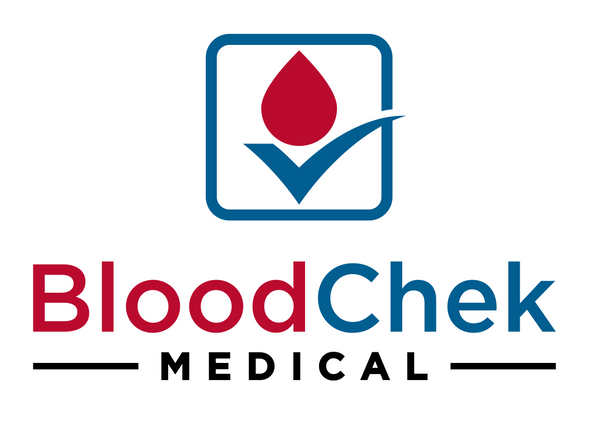Practical Steps to Support Healthy Cholesterol
Share
1. Rethink Your Plate
Your food choices play a central role. Diets heavy in sugar, refined carbs, and processed foods make cholesterol harder to manage. Focus on:
-
Fresh low-starch vegetables and berries
-
Proteins like beef, fish and chicken
-
Healthy fats (avocado, olive oil, nuts)
-
Cutting back on sodas, candy, and fried fast food pays off quickly.
2. Move Your Body Regularly
Exercise is one of the most effective ways to support good cholesterol (HDL) while reducing triglycerides. You don’t need a gym membership—brisk walking, swimming, biking, or dancing for 30 minutes most days is enough. The key is consistency.
3. Track with Tools
Using a portable cholesterol analyzer like the CardioChek makes it easier to see how your choices impact your numbers over time. Instead of waiting for your next doctor’s visit, you can monitor your progress monthly—or even weekly.
Pay attention to all five markers:
-
Total cholesterol
-
LDL (the type that contributes to buildup in arteries)
-
HDL (the type that helps clear excess cholesterol)
-
Triglycerides
-
A1C (a measure of blood sugar over time, tied to heart health)
4. Keep a Simple Log
A notebook, spreadsheet, or app can help you track results. Over time, patterns appear. For example, you might notice your numbers improve when you eat fewer sweets or when you’re more consistent with exercise. This makes it easier to double down on what works.
5. Partner with Your Doctor
Trends don’t replace medical advice. If you’ve made lifestyle changes and your numbers still aren’t improving after a few months, it’s time to review options with your doctor. You’ll go into that conversation informed, with a clear record of your progress.
Why Personal Responsibility Matters
Doctors are trained to act on immediate data. That’s not wrong—it’s cautious medicine. But only you have the full context of your day-to-day habits and long-term history. Taking responsibility means:
-
Keeping track of your own results
-
Not relying on one “snapshot” test
-
Understanding what’s driving your progress
This proactive approach helps you make smarter health decisions, avoid unnecessary medication changes, and stay motivated.
Bringing It All Together
Your cholesterol story isn’t written in a single lab report. It’s written over months and years of choices, actions, and progress. By focusing on trends, supporting your health with smart lifestyle changes, and using tools to monitor your journey, you take control of your heart health.
Start by checking where you are today. Keep tracking consistently. Celebrate the progress you make—even if it’s slow and steady. Because when it comes to cholesterol, the direction you’re moving matters more than any single test.
